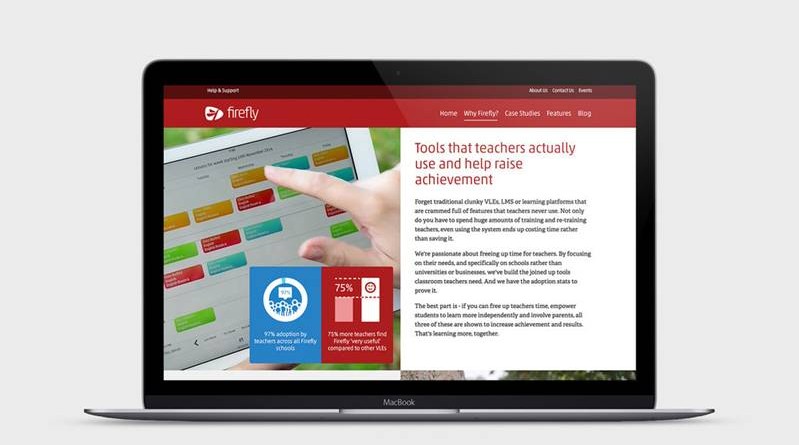Firefly – digital teaching platform set up by school friends now used worldwide
Long hours, reams of marking and time-consuming planning — there’s little doubt that teachers work hard for their monthly pay check.
While many classrooms today are packed with technology, the broad aim of teaching remains the same — to inform, motivate and enrich the lives of students.
One company — set up by former schoolmates — is looking to give teachers an extra boost through digital innovation. Firefly is a platform that enables teachers and students to access a range of educational information online. It was established as a full-time business in 2009.
“For a teacher, we’re really trying to save them time that they can spend on teaching rather than on admin,” Simon Hay, co-founder of the business, told CNBC in an interview broadcast this week. “They can set work, students can hand that in online… I could look at the essay and annotate that and give feedback, and I can also do that in new ways — so for example, I might give voice feedback.”
Hay said that there was also a separate app for students, an electronic version of their paper homework diary. “This helps them organize their day at school in the same way they organize the rest of their lives on their phones.”
Available on a number of devices, students can view tasks they have been set and then hand their homework in online using Firefly. The teacher can then access this homework, mark it and send feedback.
Hay said that another key aim of the business and its platform was to make the technology accessible. “What we’ve been trying to do is to make it easy for teachers who aren’t IT experts — and don’t really want to be — to create and curate and share resources, and set and collect and mark work, track a student’s progress and engage parents more in the kind of day-to-day learning conversations that are going on.”
Hay said that while the business was still “quite small,” it was growing fast and being used by a few million people around the world.
Finding a unique place in an increasingly crowded market is a challenge, he said. “I think it’s a really confusing marketplace for schools, actually, because I think there’s a lot of overlapping products and it’s really unclear to people whether these two things compete or integrate.”
What set Firefly apart was its philosophy, Hay added. “We’ve tried really, really hard to be focused. We think the way that we make schools happy is by doing a small set of things and, we hope, being the best in the world at those and then playing nicely with others at the edges of that.”
Firefly had focused “fanatically” on ease of use and the quality of the service’s user experience, he said. “Unless you get that right and… build something that is usable by every teacher and every member of the school community, not just the enthusiasts or the experts, then you’re never going to get the uptake that you need to actually have any impact.”
“Ultimately that’s why we’re here, right? We want to make a difference to students’ experiences at school and ultimately to their learning outcomes.”




